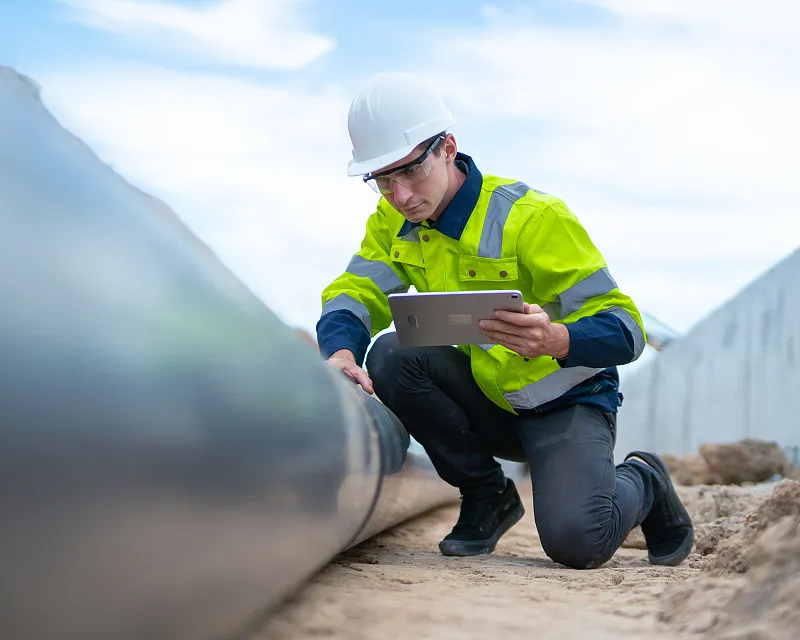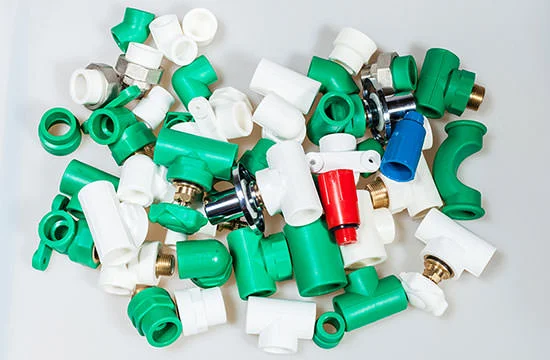Introduction PPR Pipe
PPR Pipe (Polypropylene Random Copolymer pipes) have become the preferred solution for modern plumbing systems due to their durability, cost-effectiveness, and reliability. Whether you’re looking for plumbing materials for residential, commercial, or industrial use, understanding PPR pipes and where to find the best deals can save you time and money. In this guide, we will discuss everything about PPR pipes, their benefits, and how to find the most competitive deals in the market.
What Are PPR Pipe?
PPR pipes, short for Polypropylene Random Copolymer pipes, are widely used in plumbing systems for transporting hot and cold water. Made from a thermoplastic material, PPR pipes provide a safe, non-toxic, and eco-friendly solution for water distribution.
Composition of PPR Pipe
- Polypropylene Random Copolymer (Type 3): The material ensures high resistance to heat and pressure.
- Inner Layer: Designed for smooth water flow.
- Outer Layer: Enhances durability and resists external pressure.
PPR pipes are preferred for various applications due to their thermal insulation properties, leak-proof joints, and low weight.
Key Features of PPR Pipe
Here are the standout features that make PPR pipes highly effective:
- Heat Resistance: Suitable for hot and cold water systems withstanding temperatures up to 95°C.
- Corrosion Resistance: PPR pipes resist corrosion, rust, and chemical damage.
- Durability: They have a lifespan of over 50 years under normal working conditions.
- Lightweight: Easy to transport and install.
- Eco-Friendly: Non-toxic and recyclable material.
Advantages of Using PPR Pipe
Using PPR pipes in your plumbing systems comes with a range of benefits:
- Leak-Free Systems: The fusion welding technique used for PPR pipes ensures leak-proof connections.
- Cost-Effective: PPR pipes require minimal maintenance, reducing long-term costs.
- Thermal Insulation: Their low thermal conductivity helps maintain water temperature.
- Chemical Resistance: PPR pipes can transport chemicals without reacting.
- High Pressure Capacity: Suitable for systems that require high-pressure resistance.
Applications of PPR Pipe
PPR pipes are versatile and suitable for various applications, including:
- Residential Plumbing: Hot and cold water distribution in homes.
- Commercial Buildings: Office buildings, hospitals, and schools.
- Industrial Use: Transporting chemicals and pressurized fluids.
- HVAC Systems: Used in heating and cooling systems.
- Agriculture: Irrigation systems for farmlands.

Factors to Consider When Purchasing PPR Pipe
To get the best PPR pipe deals, consider the following factors:
- Pipe Size: Choose the right diameter and length based on your requirements.
- Pressure Ratings: Ensure the pipes can handle the required pressure.
- Material Quality: Opt for high-grade PPR pipes from reputable manufacturers.
- Certifications: Check for compliance with industry standards and certifications.
- Price and Deals: Compare prices from different suppliers to get the best value.
How to Find the Best PPR Pipe Deals
Finding the most competitive PPR pipe deals can save you significant costs. Here are some tips:
- Compare Suppliers: Research and compare prices from various suppliers.
- Online Platforms: Use e-commerce platforms to find discounts and deals.
- Bulk Purchases: Buying in bulk often results in better pricing.
- Seasonal Sales: Look for discounts during major sales events.
- Request Quotes: Contact manufacturers directly for customized quotes.
Top PPR Pipe Brands to Consider
Choosing a reliable brand ensures quality and durability. Here are the top PPR pipe brands:
- Wavin: Known for their innovative designs and high-quality products.
- Aquatherm: A leader in PPR piping systems for both hot and cold water.
- Bänninger: Offers a wide range of PPR pipes for various applications.
- SharkBite: Reliable and durable pipes with excellent performance.
- Kalde: Cost-effective and highly durable solutions for plumbing systems.
Maintenance and Longevity of PPR Pipes
To ensure the longevity of PPR pipes, follow these maintenance tips:
- Regular Inspections: Check for leaks or damage periodically.
- Avoid Overpressure: Ensure the pipes operate within their pressure limits.
- Clean the Pipes: Flush the system occasionally to avoid blockages.
- Proper Installation: Hire professionals for correct fusion welding and installation.
- Protect From UV Exposure: Use insulated coverings for exposed pipes.
With proper care, PPR pipes can last over 50 years, making them an excellent long-term investment.
Final Thoughts
PPR pipes are a reliable and cost-effective solution for modern plumbing systems. Whether you are installing new pipelines or rehabilitating old ones, choosing the right PPR pipes and finding the best deals can greatly impact your project’s success. By considering factors like quality, certifications, and competitive pricing, you can make an informed purchase.
FAQs
1. What makes PPR pipes different from PVC pipes?
PPR pipes are more heat-resistant, durable, and suitable for both hot and cold water systems, unlike PVC pipes, which are mainly for cold water.
2. Can PPR pipes handle high temperatures?
Yes, PPR pipes can withstand temperatures up to 95°C, making them ideal for hot water systems.
3. How long do PPR pipes last?
PPR pipes have a lifespan of over 50 years under normal working conditions.
4. Are PPR pipes eco-friendly?
Yes, PPR pipes are made from non-toxic and recyclable materials, making them environmentally friendly.
5. Where can I find the best PPR pipe deals?
You can find the best deals by comparing suppliers, purchasing in bulk, or checking online platforms for discounts.


















